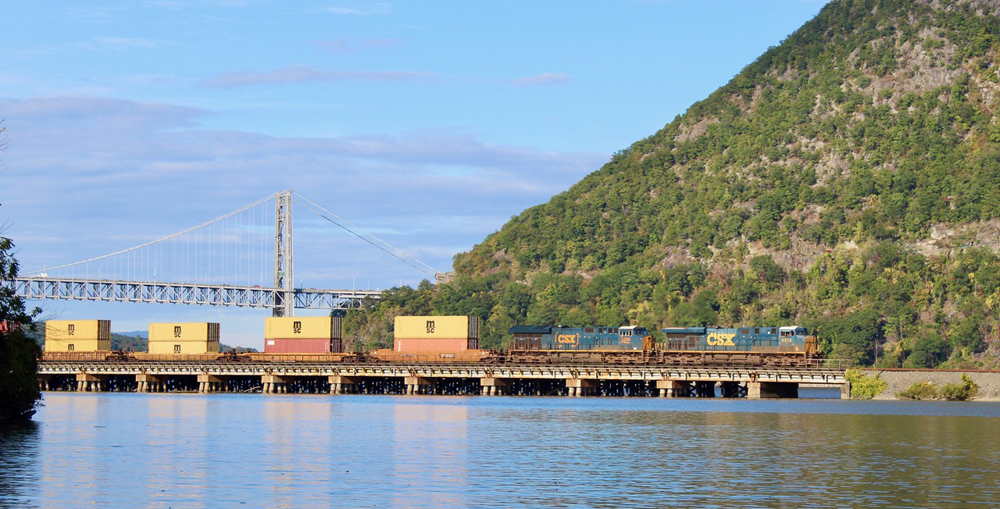
JACKSONVILLE, Fla. – CSX CEO Joe Hinrichs sought to rally the troops today as the railroad continues to battle congestion that began in the weeks before a key Baltimore tunnel was closed on Feb. 1 for a long-awaited clearance project.
In a bulletin to employees, Hinrichs touted the railroad’s industry-leading operational and financial performance record over the past few years.
“Things started changing dramatically in the fall of 2024 when two hurricanes greatly disrupted our network, causing much congestion, and taking out one of our north-south routes (Blue Ridge Subdivision). Other weather events hindered our ability to fully recover,” Hinrichs wrote. “We took down the Howard Street Tunnel in Baltimore on Feb. 1 to rebuild it and enable double-stacking of intermodal containers in the near future – a key part of our growth strategy. All of these events, and our own performance, put our network in a less-resilient condition and it has taken us longer to recover than we expected.”

The 16-plus trains that typically used the Howard Street Tunnel every day are being detoured, some of them on the roundabout route via the former Water Level Route across New York. Among them: Export coal trains bound for the Consol Marine Terminal in Baltimore.
The railroad posted disappointing financial results the past two quarters due to a combination of congestion-related costs, slumping export coal volume, and a decline in fuel surcharge revenue. In the first quarter, CSX’s operating income declined 22%, revenue was down 7%, and earnings per share sank 24% on a 1% decline in overall volume.
“The doubters, who were quieted by our results for the first two years, have returned,” Hinrichs wrote. “We have started to see progress the last few weeks improving the fluidity of our network – yet there is still much work to be done. It is up to us to work together as ONE CSX team to show the world, once again, what we are capable of.”
The latest network data, reported for the week ending April 25, showed CSX was slowly rebounding. The number of cars online declined, train speeds inched up, terminal dwell dropped, and fewer trains were being held for crews.
But trains were still being held out of congested yards. Trains bound for CSX’s busiest hump yard, Rice Yard in Waycross, Ga., for example, are routinely held at terminals in Savannah, Ga.; Florence, S.C.; Rocky Mount, N.C.; and Richmond, Va.
As he did in a similar bulletin a month ago, Hinrichs urged conductors and engineers to pitch in.

CSX is taking several steps to smooth operations, including tapping its locomotive surge fleet, boosting mechanical staffing to speed locomotive servicing, transferring train crews to congested terminals, and temporarily reducing trackwork in the areas hardest hit by congestion.
“I have no excuse as to where we are other than a buildup of a series of significant events that really took away the capacity that we had planned once we took down the Howard Street Tunnel,” Chief Operating Officer Mike Cory said on the railroad’s earnings call last month.






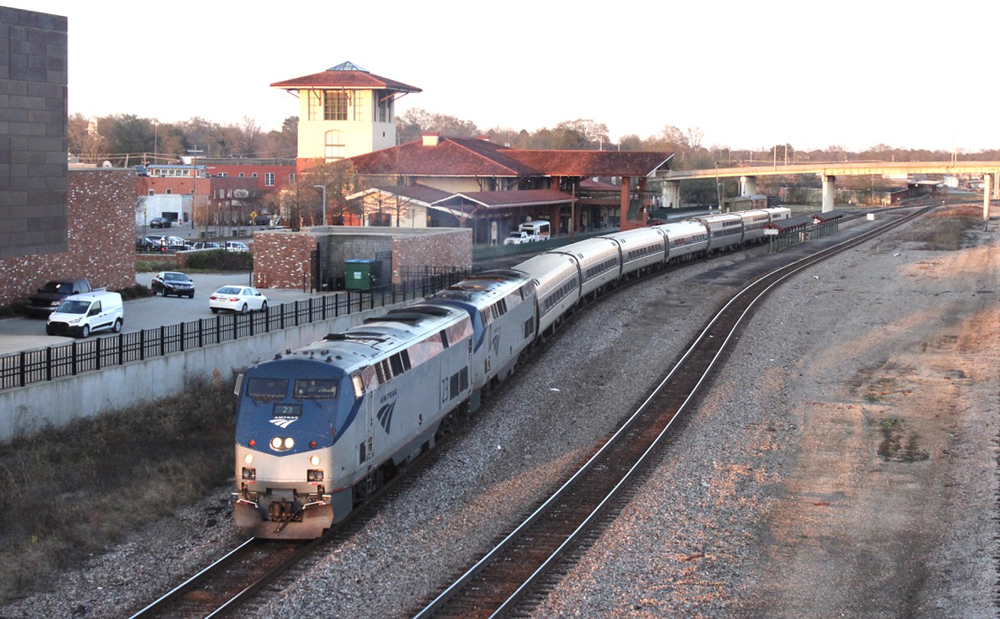
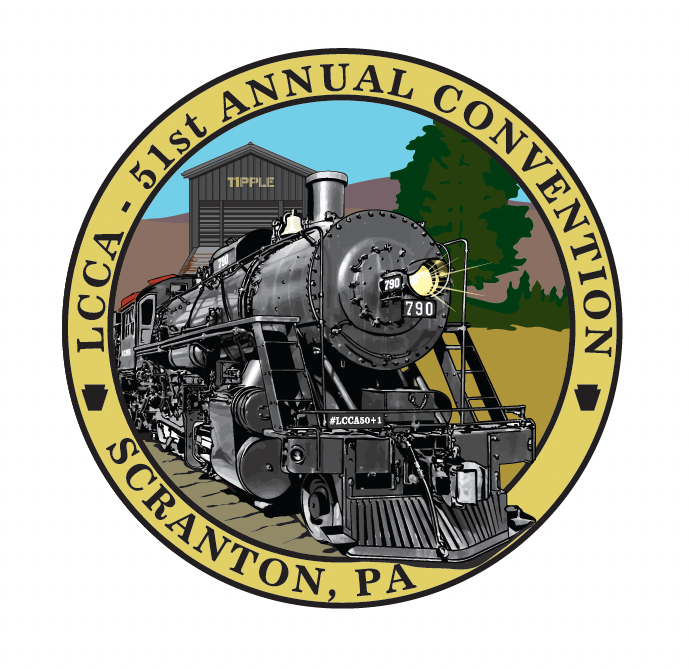
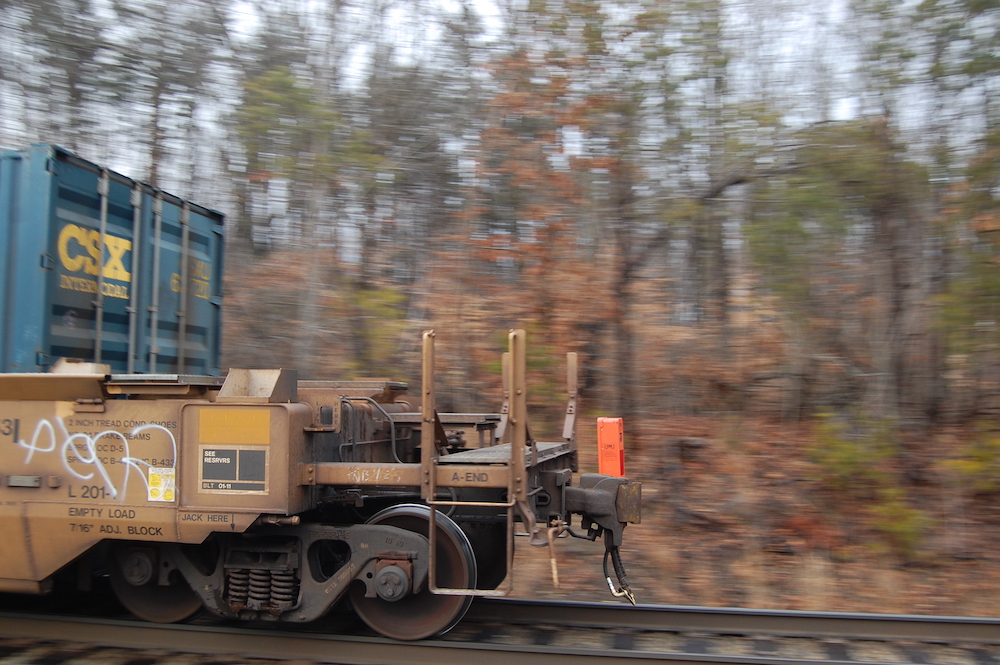
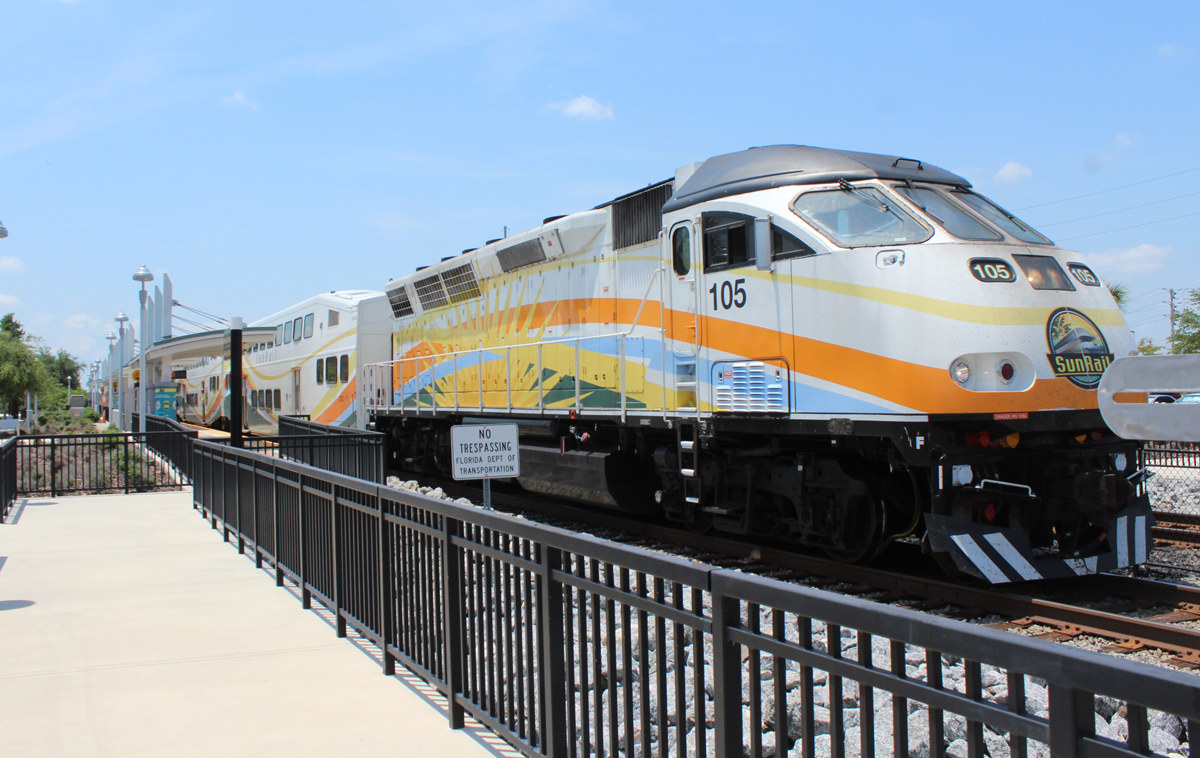




John Rice, For your information my “keyboard ” does not have a stuck caps button, and my comments were made from my phone. I was merely trying to get my point across with my capitalizing some words and phrases. Unfortunately I did notice a few misspelled words and wrong words in my comment, but, I believe I made my point. Please be a little more courteous of others, as, we are all trying to have our voices head and not criticized by others.
Joe is trying, BUT he needs to incentives workers. We work hard and all we get is more work and more grief! A few years ago CSX gave a $500 a week bonus for being available. I am not whining, I have made over 60k so far this year and work every weekend so give me a reason to join the ranks of the FMLA Warriors or the Sick Brigade! Remember, your Colleagues put you in a tough position when they said Labor doesn’t contribute to profits, open the check book and prove them right by paying us more!
It is pretty crappy to beg employees to get managements butt out of trouble. If they hired the right amount of people to begin with and had not stored all those engines, they would not be in trouble. But they still bow to the PSR gods, so to hell with them.
If a decline in fuel surcharge revenue affects financial results it means that customers have been being overcharged. The surcharge is only supposed to cover higher fuel costs, not provide more profit.
Mark Vinski
That is what the airlines say for charging more for certain seats. They say it costs more when we all know if brings profit more.
As an employee myself , I remember how it was the claim of the RAILROAD that the
” EMPLOYEES DON’T CONTIBUTE TO PROFITS” ! We’ll, for your information, if it WASNT FOR THE EMPLOEES THERE WOULD BE NO PROFITS! TRY RUNNING YOUR RAILROAD WITHOUT MANPOWER AND SEE WHERE YOUR PROFITS COME FROM!
How about giving us an incentive with a worthwhile AGREEMENT and give us a REASON to be happy at work and maybe Morale and availability would improve!
I am tired of all of these FAT CAT EXECUTIVES finding on the backs of the people that MAKE THEM THEIR MONEY TO BE WHERE THEY ARE WITHOUT ANY APPRIATION FOR WHAT WE SACRAFICE TO EARN A LIVING WHILE THEY GO HOME TO THEIR FAMILIES EVERY DAY!
MR. HINRICHS IF YOU WANT YOUR EMPLOYEES TO WORK FOR YOU, YOU NEED TO WORK ” WITH US”.
Mr. Ciallella, not sure if you knew that your caps lock button is broken on your keyboard. WalMart sells fairly reliable PC keyboards in case you need to find one.
Almost a century ago the PRR proffered a plan for a new B&P tunnel with capacity to include room for the B&O. NOW Amtrak and CSX are playing catch up. Learn the history this (and other things that didn’t happen), learn how railroads went sideways in the 20th century.
PSR disciples like Hinrichs and his ilk have cut the class 1s to the bone, firing one third of the workforce (and keeping threadbare). There is no resilience or redundancy of workers, equipment or capacity. PSR has been meticulously planned and executed. Taking the Howard Street Tunnel out of service was not an act God; the disastrous results are simply inadequate planning and manpower for a completely foreseeable circumstance. The results are simply executive and management incompetence.
CSX workers should take all their allotted days off and vacation. Maybe management will get that memo about “teamwork”.
But rest assured, smiley-faced, baby-kissing Joe with his denim CSX shirt will still get his 8 figure paycheck. Failure has no consequences for executives and the elites.
I always flinch at this type of Rah-Rah, “If we all flap our arms hard enough, we’ll fly!” management PR. How many employees really have any control over expediting things?
None as a matter of fact if you try to go above and beyond someone in the organization will find some fault in your work and try to discipline you. There’s no room for get up and go in the class one organizations, the rule book and weed weasels will not allow it.